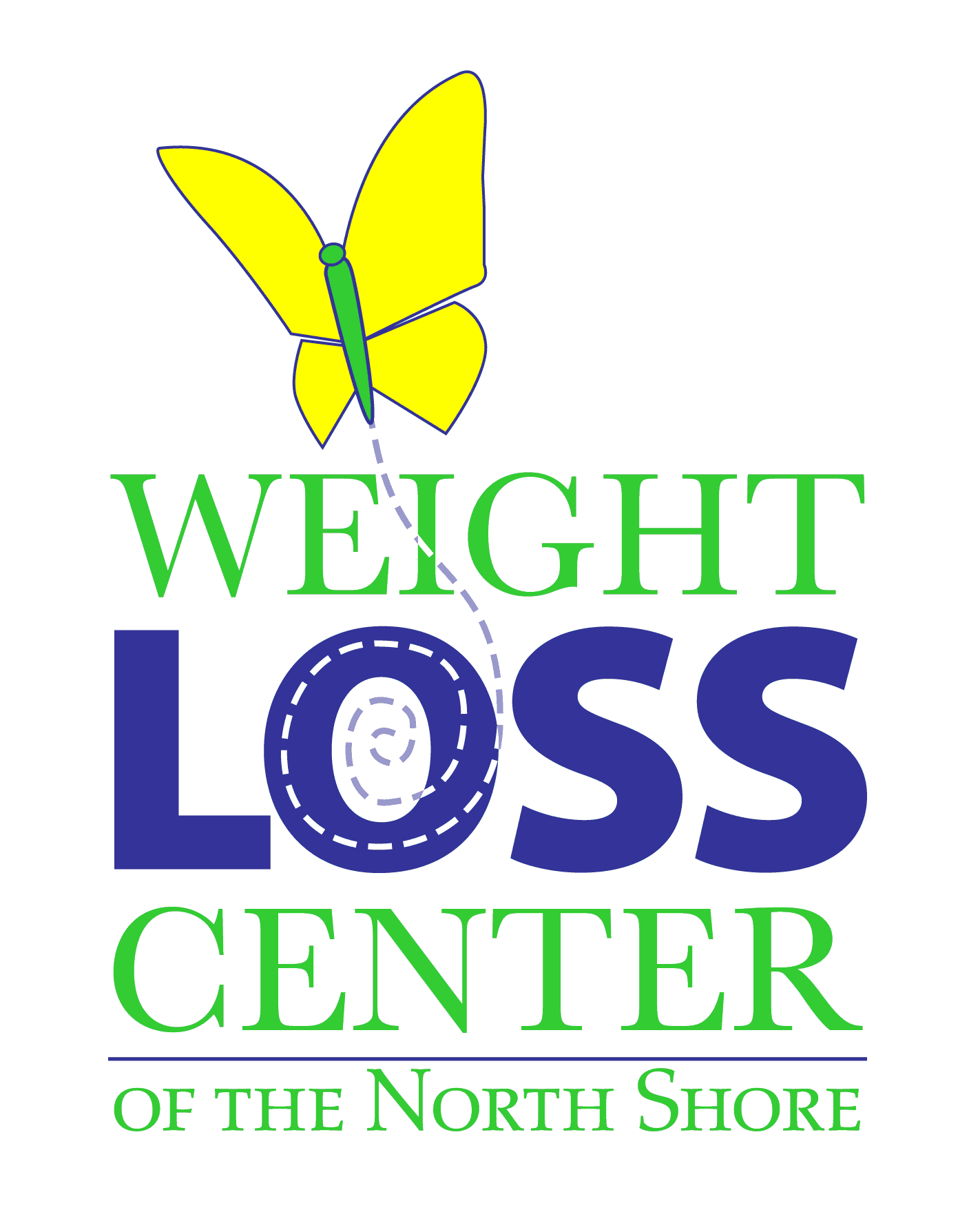The Role of Protein in Effective Weight Loss: How Much is Enough?
Protein is a crucial macronutrient that plays a significant role in effective weight loss. It aids in muscle maintenance, boosts metabolism, and enhances satiety, helping individuals control their appetite and reduce overall calorie intake. Understanding how much protein is enough for optimal weight loss is essential for achieving sustainable results. Additionally, different protein sources impact metabolic rates and body composition differently, making it vital to tailor intake based on individual needs (Antonio et al., 2016).
The Science Behind Protein and Weight Loss
Research has consistently shown that high-protein diets can be beneficial for weight loss. Protein increases thermogenesis, which enhances calorie expenditure and promotes muscle retention during calorie deficits (Layman et al., 2015). Additionally, it regulates appetite by influencing hormones like ghrelin and peptide YY, reducing hunger and helping with portion control (Leidy et al., 2016). Studies also suggest protein consumption before sleep can improve overnight metabolism and muscle protein synthesis (Snijders et al., 2019).
How Much Protein Do You Need?
The optimal protein intake varies based on age, weight, activity level, and metabolic needs. The Recommended Dietary Allowance (RDA) for protein is 0.8 grams per kilogram of body weight for sedentary individuals (Institute of Medicine, 2005). However, studies suggest that higher protein intake—1.2 to 2.0 grams per kilogram—is more effective for weight loss and muscle preservation, especially for active individuals (Phillips et al., 2017). For resistance training, protein intake closer to 2.2 grams per kilogram may further enhance fat loss and lean muscle retention (Morton et al., 2018).
Benefits of Protein for Weight Loss
Increases Satiety and Reduces Cravings: Protein promotes fullness and reduces appetite-stimulating hormones, leading to fewer cravings and reduced calorie consumption (Leidy et al., 2016). Diets with 30% protein intake have been shown to significantly reduce late-night snacking and overall caloric intake (Weigle et al., 2005).
Preserves Lean Muscle Mass: During weight loss, muscle mass and fat can decrease. Adequate protein intake helps preserve muscle, ensuring that more fat, rather than muscle, is lost (Hector et al., 2018). This is particularly important for older adults, as muscle retention is crucial for metabolic function (Bauer et al., 2013).
Boosts Metabolism and Thermogenesis: The body burns more calories digesting protein than carbohydrates or fats. This thermic effect of food (TEF) increases metabolism and supports long-term weight loss (Westerterp-Plantenga, 2016). High-protein diets can increase daily energy expenditure by up to 100 calories per day (Antonio et al., 2016).
Prevents Weight Regain: Higher protein intake has been linked to better weight maintenance post-dieting. Research suggests that individuals with higher protein levels are less likely to regain lost weight (Weigle et al., 2005). Furthermore, increasing protein intake while maintaining resistance training reduces the likelihood of rebound weight gain (Frestedt et al., 2008).
Best Sources of Protein for Weight Loss
Lean Meats: Chicken breast, turkey, lean beef
Fish & Seafood: Salmon, tuna, shrimp
Eggs & Dairy: Greek yogurt, cottage cheese, eggs
Plant-Based Options: Lentils, chickpeas, quinoa, tofu
Protein Supplements: Whey, casein, or plant-based protein powders
How to Incorporate More Protein into Your Diet
Start your day with a protein-rich breakfast (e.g., eggs or Greek yogurt).
Include a source of protein in every meal and snack.
Replace refined carbs with protein-rich alternatives.
Use protein shakes or supplements if necessary.
Consume protein before bedtime to support overnight muscle repair and metabolism.
Work with the Experts at the Weight Loss Center of the North Shore
If you're unsure about your protein intake for weight loss, the Weight Loss Center of the North Shore can help. Under the guidance of Dr. Carmela Mancini, we offer a personalized, research-based approach to weight loss and wellness. Unlike generic programs, we emphasize evidence-based solutions like nutritional counseling and lifestyle changes for sustainable results. Our team creates individualized plans to optimize your protein intake and improve dietary habits. Contact us today to begin your journey to better health and effective weight loss!
References
Antonio, J., Ellerbroek, A., Silver, T., Vargas, L., Tamayo, A., & Buehn, R. (2016). A high protein diet (3.4 g/kg/d) combined with a heavy resistance training program improves body composition in healthy trained men and women–a follow-up investigation. Journal of the International Society of Sports Nutrition, 13(1), 1-7.
Bauer, J., Biolo, G., Cederholm, T., Cesari, M., Cruz-Jentoft, A. J., Morley, J. E., ... & Boirie, Y. (2013). Evidence-based recommendations for optimal dietary protein intake in older people: a position paper from the PROT-AGE Study Group. Journal of Clinical Nutrition, 8(1), 49–57.
Frestedt, J. L., Zenk, J. L., Kuskowski, M. A., Ward, L. S., & Bastian, E. D. (2008). A whey–protein supplement increases fat loss and spares lean muscle in obese subjects: a randomized human clinical study. Journal of Nutrition & Metabolism, 5(1), 1-7.
Hector, A. J., Marcotte, G. R., Churchward-Venne, T. A., Murphy, C. H., Breen, L., von Allmen, M., ... & Phillips, S. M. (2018). Protein supplementation and resistance training in healthy older adults: a meta-analysis. The American Journal of Clinical Nutrition, 108(6), 1043–1056.
Morton, R. W., Murphy, K. T., McKellar, S. R., Schoenfeld, B. J., Henselmans, M., Helms, E., ... & Phillips, S. M. (2018). A systematic review, meta-analysis, and meta-regression of the effect of protein supplementation on resistance training-induced gains in muscle mass and strength in healthy adults. British Journal of Sports Medicine, 52(6), 376–384.
Snijders, T., Res, P. T., Smeets, J. S., Van Vliet, S., Van Kranenburg, J., Maase, K., ... & Van Loon, L. J. (2019). In a randomized trial, prolonged dietary protein digestion and amino acid absorption after milk protein ingestion increases overnight muscle protein synthesis rates in healthy older men. Journal of Nutrition, 149(1), 73-82.
